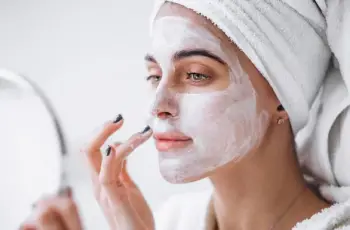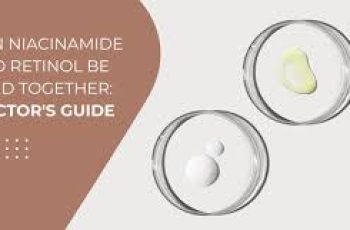
Which Oil is Best for Your Hair?
We’re all searching for a product that will make our hair look shiny, bouncy, and healthy, and not too long ago, the only way to achieve that was to go to the hairdresser. Luckily for us, hair oil has become a big thing, as many haircare brands are searching for the most nourishing and effective formulas to give us shiny hair worthy of a Disney princess. There’s only one question left: which oil is best for your hair? We’re looking at just that today.
Is Oil Good for Your Hair?
It really all depends on your hair type and its condition. By applying hair oil, you’ll help nourish and restore strands, as well as give them a natural shine. Those with curly, coarse, and drier hair will notice a real difference in manageability and appearance.
Curly Hair – This hairstyle can sometimes be a little too drying. Applying hair oil to curly hair can hydrate the curls, making them smoother and making them much easier to tame and style.
Fine Hair – Fine hair can really benefit from using hair oil. Apply oil to the mid-lengths and ends of your hair, avoiding the roots, as the product can weigh down strands and make them look greasy.
Dry Hair – It goes without saying that dry hair loves oils to volumize, smooth and moisturize your hair and restore its health.
Oily Hair – Applying oil to oily hair may sound counterproductive, but applying the product to the ends of your hair will encourage hair growth and prevent breakage.
As you can see, many hair types find that oils can regrow their curls, making them more manageable, stronger and more beautiful.
What happens if we don’t oil our hair?
Hair produces a natural oil that is the same sebum found in our skin. It works to condition the hair and keep your hair and scalp healthy while preventing dandruff and hair loss. To support sebum production, it’s best to comb your hair regularly, which transfers oil from your scalp into your hair strands. This distribution of sebum is good for your hair, but it’s always a good idea to add extra products to your routine for a number of reasons.
Applying oils can regulate your hair’s sebum production and prevent your scalp from becoming dry and itchy.
By massaging the oil into your scalp, you will also notice that hair growth improves and your hair becomes moisturized, thicker, and shinier.
Dandruff issues can also be prevented by massaging hair oil into your scalp to stimulate blood circulation and keep your hair healthy.
These are some of the hair care benefits you can expect when you use the different oils available in the market. You will also notice that your hair falls out less and issues like split ends are significantly less noticeable.
Which oil is best for my hair?
Here are some of the key oils in the most popular hair care product formulas. They can be used as an additional ingredient or in their original form.
Coconut Oil
The benefits of coconut oil for hair care are numerous: it boosts scalp health, stimulates hair growth, and even protects your hair from heat damage caused by regular styling.
Suitable for: All hair types, especially dry, damaged, and dull hair.
Argan Oil
Also known as the liquid gold of Morocco, Argan oil is the first oil to create a national obsession. This ingenious oil protects hair from UV rays and heat damage. It straightens hair, making it easier to style and feeling super soft.
Best for: Dry, brittle, frizzy hair that is often exposed to heat. If you have oily roots and dry ends, this oil is best for you.
Jojoba Oil
Jojoba oil is very moisturizing and nourishes the hair from the roots to the ends. It also prevents dandruff and dry, itchy scalp.
Great for dry, damaged, and dull hair that may have issues with dandruff and itchy scalp.
You will find most of these oils in hair care products as they have several hair regenerating properties. Other oils used include olive oil, sweet almond oil, lavender oil, and grapeseed oil, all of which produce similar effects and make hair look thick, nourished, and shiny.
Should I oil my hair every day?
While oils are good for hair, using too much can actually damage it. The ideal amount is to apply oil once or twice a week as this helps to maintain a balance between the scalp and hair. Applying hair oil to the scalp tissue every day can lead to a buildup of dirt and bacteria and interfere with the hair’s natural oil production, which can lead to increased hair loss. Using hair oil regularly can make your hair look and feel great.
How long should I leave oil in my hair?
This is completely up to you and your schedule. With a very nourishing oil like jojoba, you can leave the product in your hair for about 10 to 20 minutes. It instantly moisturizes curls and tames stray hairs. You can also leave the oil in your hair overnight. It’s great for rough, dry, and damaged hair because it regrows strands, smoothes follicles, and gives hair a natural shine. Just be sure to protect your pillowcase from residue!
Now you know a little more about which oil is best for your hair type and the damage caused by daily styling. You’ll have commercial-grade, gorgeous hair in no time!


